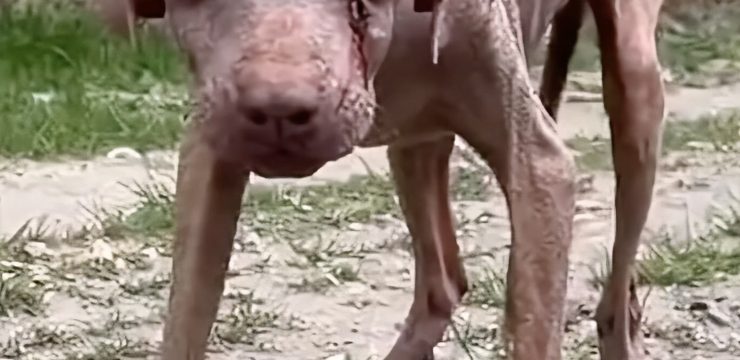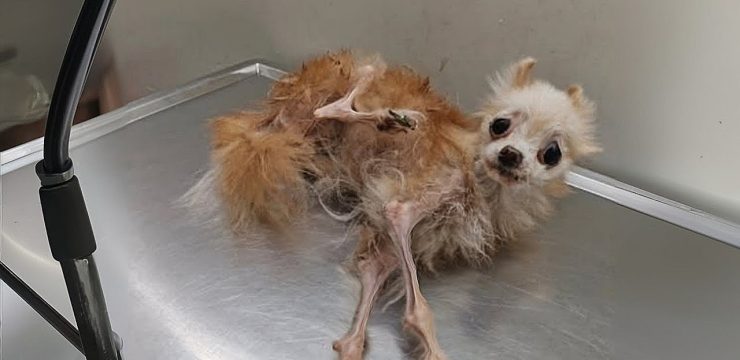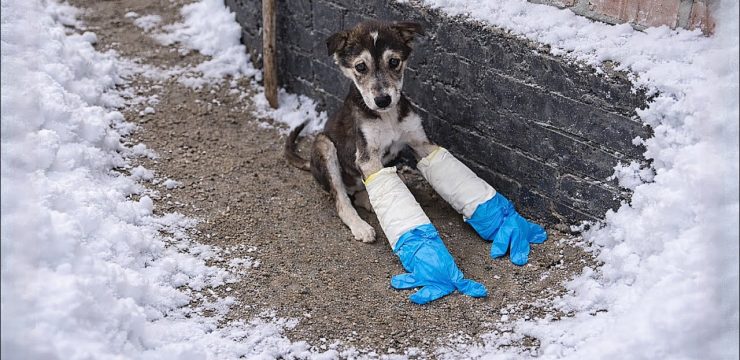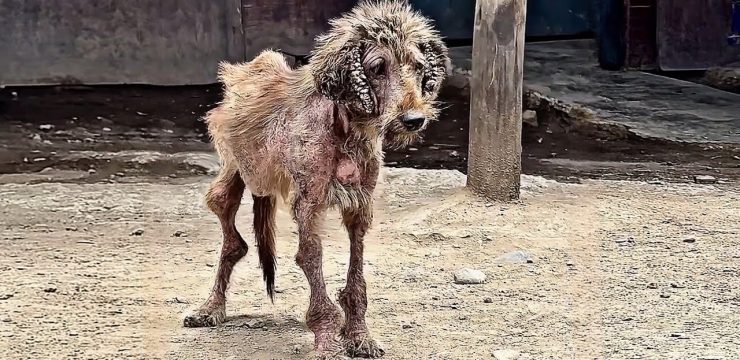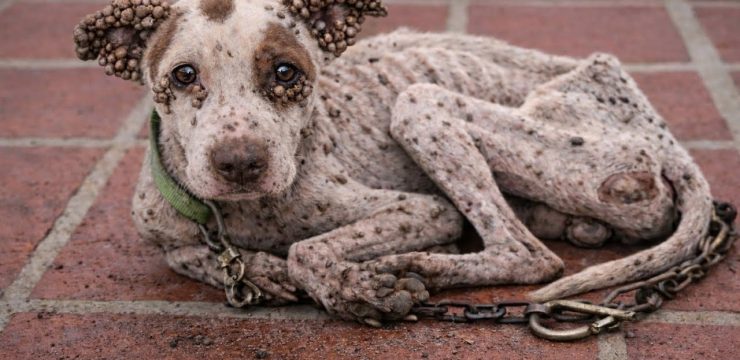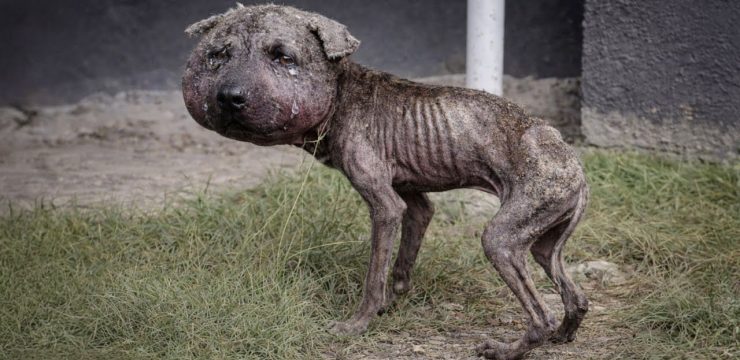There are times in life when people go to great lengths to impress those around them, whether it’s a loved one, a colleague, or even a friend. While these attempts can sometimes lead to memorable and positive outcomes, there are also instances when such efforts go terribly wrong. A tragic example of this occurred at Lion Park in Parkent, Uzbekistan, where a zookeeper’s daring and ill-conceived attempt to impress his girlfriend ended in disaster.
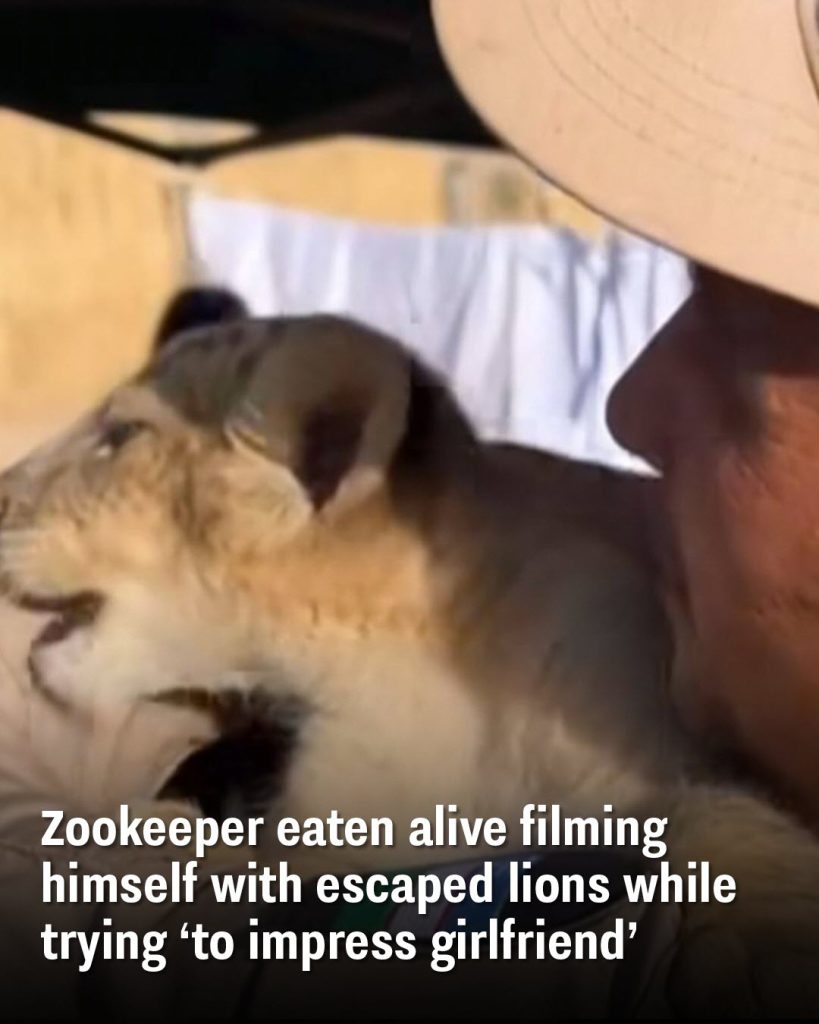
The incident involved a zookeeper named F. Iriskulov, who decided to take a risky and ultimately fatal step during his shift at the zoo. Driven by the desire to showcase his bravery, he made the dangerous decision to enter a restricted area housing three lions. He not only crossed the boundary of safety but also recorded the entire ordeal on camera, perhaps as a way to document his so-called “heroic” act.
As the footage begins, Iriskulov is seen unlocking the gate to the lions’ enclosure. His demeanor seems calm and confident, perhaps signaling that he underestimated the gravity of his actions. Once inside, the lions, initially lying down, appeared relatively unbothered by his presence. However, as he moved deeper into the enclosure, the situation began to shift. One of the lions, rising to its feet, started approaching Iriskulov. Undeterred, the zookeeper called out to the lion, referring to it as Simba, a name likely meant to convey familiarity or control. “Simba, be quiet,” he can be heard saying in the video, attempting to command the animal’s behavior. Yet, his words seemed to do little to pacify the lions.
As the moments unfolded, the tension in the footage escalated. Despite his attempts to appear in control, the lions advanced. Soon, Iriskulov’s tone shifted from calm to fearful, with his calls to Simba turning into frantic cries. The video captures the chilling transition from confidence to panic as the lions closed in. Within moments, the situation spiraled out of control. The big cats launched a coordinated attack on the zookeeper, their natural instincts overtaking any prior conditioning or familiarity they might have had with him.
The recording abruptly ends amidst the sounds of his desperate screams, leaving a grim sense of foreboding about what followed. According to reports, zoo personnel responded swiftly to the emergency. In their attempt to save Iriskulov and contain the situation, they tranquilized two of the lions. Tragically, one lion had to be shot to prevent further harm. However, their efforts came too late to save the zookeeper’s life.
When authorities arrived at the scene, the grim reality of the incident became evident. Iriskulov’s lifeless body was discovered within the enclosure. The lions had partially consumed his remains, adding a harrowing dimension to the already tragic event. The horrifying details of the attack highlighted the dangerous consequences of underestimating the power and unpredictability of wild animals, even in a controlled environment like a zoo.
Regional police provided additional context to the tragedy, issuing a statement that outlined the sequence of events. According to their report, the incident occurred on December 17. Three lions housed together in a cage at the private Lion Park zoo managed to escape into the courtyard of the facility. It was during this time that the attack unfolded. “The lions then entered the yard, where they attacked and injured a 44-year-old keeper born in 1980. Sadly, the keeper succumbed to his injuries later on,” the statement revealed.
The incident raises important questions about zoo safety protocols and the responsibilities of staff members when handling dangerous animals. Zoos typically implement strict regulations to ensure the safety of both the animals and the people who work with them. These rules are designed to prevent incidents like the one at Lion Park. However, Iriskulov’s decision to bypass these safety measures underscores the catastrophic risks of complacency and overconfidence when dealing with powerful predators.
Wild animals, even those born and raised in captivity, retain their natural instincts. Lions, in particular, are apex predators with behaviors deeply rooted in their evolutionary history. While some zookeepers may form bonds with the animals under their care, it is crucial to remember that these creatures are not domesticated pets. Their reactions can be unpredictable, and any perceived threat or provocation can trigger an aggressive response.
The tragedy at Lion Park also serves as a stark reminder of the dangers of seeking validation through reckless actions. Iriskulov’s attempt to impress his girlfriend by entering the lion’s den was not only an ill-judged display of bravado but also a fatal miscalculation of the risks involved. The incident highlights the importance of prioritizing safety and adhering to established protocols, especially in environments where human life can be jeopardized by a single misstep.
This story also underscores the ethical considerations surrounding the keeping of wild animals in captivity. While zoos play an important role in conservation, education, and research, incidents like this one prompt a reexamination of how these facilities operate. Questions arise about whether the enclosures provide sufficient safety measures and whether staff members receive adequate training to handle emergency situations. Additionally, the psychological well-being of the animals themselves becomes a point of discussion, as the stress of captivity can sometimes influence their behavior.
In the wake of the incident, there have been calls for increased scrutiny of private zoos and wildlife parks. Unlike government-operated facilities, private establishments may not always adhere to the same stringent standards. This disparity can create vulnerabilities that put both staff and animals at risk. The tragedy at Lion Park serves as a somber example of the consequences of these gaps in oversight.
The loss of F. Iriskulov is a stark and painful reminder of the inherent dangers associated with working closely with wild animals. It also highlights the broader responsibility of institutions and individuals to ensure that such tragedies are prevented in the future. By respecting the power and unpredictability of nature, adhering to safety protocols, and fostering a culture of caution and respect, zoos and wildlife facilities can better protect both their staff and the animals in their care.
Ultimately, the story of the Lion Park zookeeper serves as a cautionary tale for all. It reminds us that acts of recklessness, even when driven by the desire to impress, can have dire consequences. It also calls attention to the delicate balance between humans and wildlife, urging us to approach this relationship with the respect and care it deserves. Through these lessons, perhaps future tragedies can be averted, ensuring that both people and animals are safeguarded in environments meant to celebrate and protect the wonders of the natural world.
